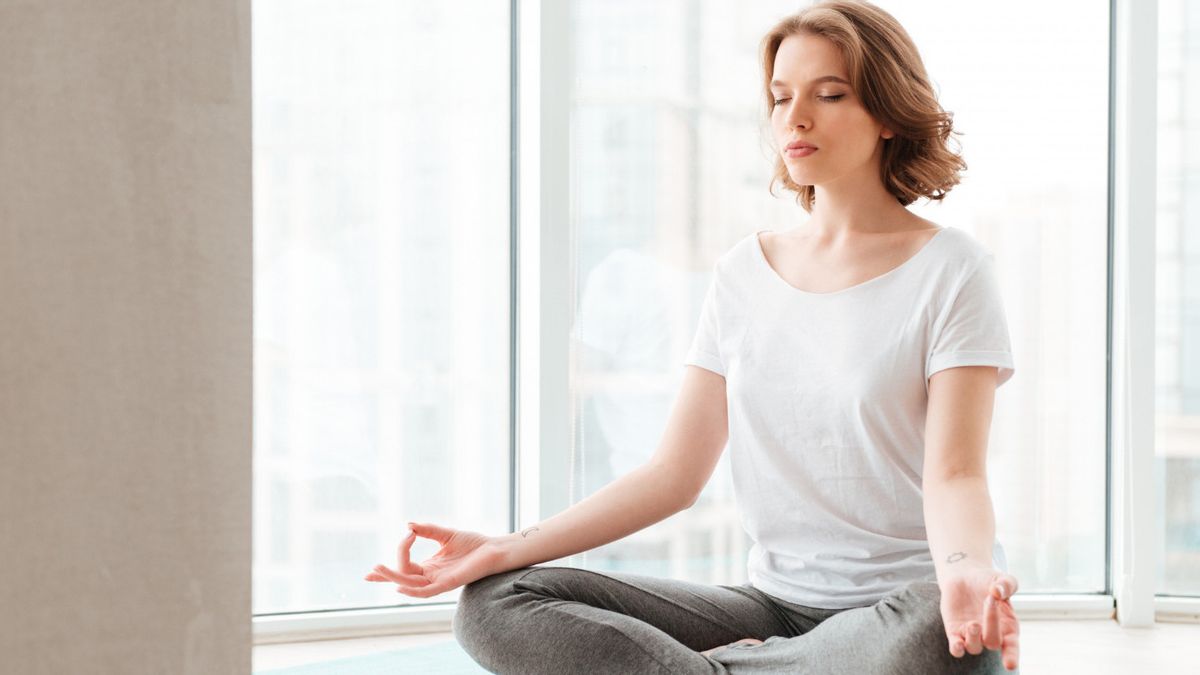YOGYAKARTA Equanimity is a balanced and psychologically stable state. With balanced psychological thoughts and temperaments, it allows one to navigate calm. This is not only an ancient virtue, but also an interesting topic for modern psychologists.
Mental equilibrium or equality comes from Latin, aedulus which means 'flat, flat' and annimus means'mind' or 'roh'. A balanced inner state is characterized by the ability to remain calm, stable, open, and not reactive in dealing with challenging or troublesome situations. With a calm inner mind, we can try to increase peace, reactivity to external stimuli, and separation from certain results.
Launching Positive Psychology, Monday, July 24, a psychologist D. J. F. Hosemans in the Equation and the attenuation of psychological distress, makes a scale to measure the nature of the inner balance. The nature of the balance is measured based on the extent to which we remain open, receptive, balanced, non-judicative, and non-reactive when dealing with external stimuli. In addition, equality is also understood as a mindset and skill that can be developed.
Mental balance skills are related to ideas such as resilience, emotional regulation, emotional reactivity, full attention, cognitive flexibility, and perspective-taking. The inner balance that is understood in that way remains closely related to the ideals of ancient Stoa.
Mental balance is also an emotional regulatory skill. The more skilled a person is in understanding and managing emotions effectively, the more balanced the mind is fertile. Long-term effects can improve welfare.
In practice, a close inner balance with mindfulness can be trained in a number of ways. One of them is meditation and balance that brings attention and awareness of what we are feeling today. By meditation, our attention is trained not to judge and not be reactive.
The concept of inner balance is essential because of its deep implications for personal well-being, ethical behavior, and spiritual development. By embracing inner balance, we can overcome bias, prejudice, and personal judgment, leading to a more inclusive and harmonious view of life. Experts have also linked inner balance to various aspects. Cayoun J. Chaves (2023) attributes silence that does not refer to oneself. Mann and Walker (2023) found that overall mental balance is a psychological skill related to psychological well-being and becomes a protective factor at stress.
SEE ALSO:
In addition to meditation, ways to foster an inner balance can be pursued using emotional control techniques. For example, deep breathing exercise, progressive muscle relaxation, and journal writing.
The English, Chinese, Japanese, Arabic, and French versions are automatically generated by the AI. So there may still be inaccuracies in translating, please always see Indonesian as our main language. (system supported by DigitalSiber.id)


















